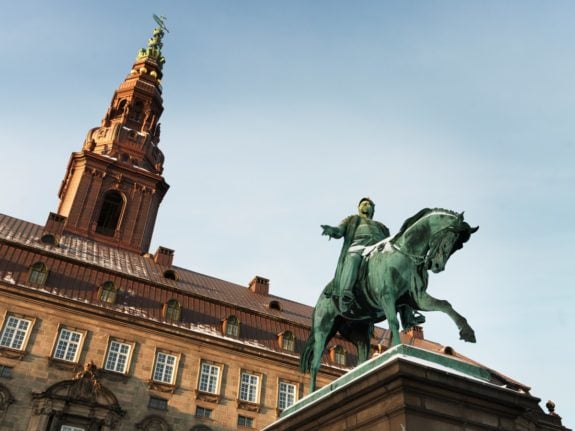Two opposition parties – the Socialist People’s Party (SF) and Liberal Alliance – confirmed on Monday they will not join other opposition parties who say they want a referendum to be held on the question.
The parties who have stated they are in favour are the Red Green Alliance (Enhedslisten), Danish People’s Party, Denmark Democrats and Alternative.
The bill to abolish Great Prayer Day will be voted on in parliament on Tuesday and now looks set to be passed.
Under the rules of parliament, votes from 60 MPs – a third of the total 179 seats – could have sent the bill to a referendum. The four parties can only muster 26 seats between them and therefore needed help from larger opposition groups.
Some opposition parties have been reluctant to support the referendum because of concerns it would result in a “slippery slope” whereby government policy increasingly becomes the subject of referenda.
Red Green Alliance and Danish People’s Party on Sunday stated they would not call for a referendum on any other point in the government’s policy platform, citing this concern as a reason for the clarification.
“I don’t understand why on one hand you can stand on the front line and say it’s stupid and awful to abolish Great Prayer Day, which I agree with, and on the other hand not give the public the opportunity to stop it,” Red Green Alliance lead political spokesperson Mai Villadsen said.
“It’s incredibly disappointing. And it leaves the other parties with shared responsibility for not stopping this,” she said.
The three coalition government parties – the Social Democrats, Liberals (Venstre) and Moderates – want to abolish the springtime public holiday in a move they say will enable increased defence spending to meet Nato targets by 2030, three years ahead of the current schedule.
A bill was tabled by the government in January.
The policy has met with criticism from trade unions, the church and opposition parties, while the military has also distanced itself from the plan. Thousands of Danes took part in a demonstration against it outside parliament earlier this month.
READ ALSO:



 Please whitelist us to continue reading.
Please whitelist us to continue reading.
Member comments